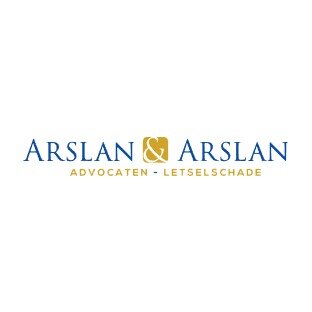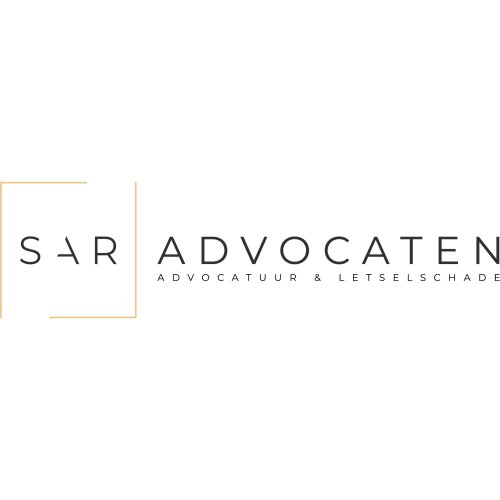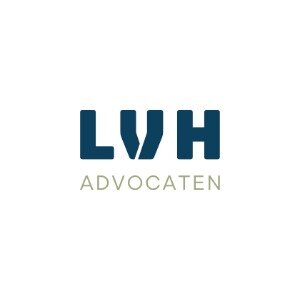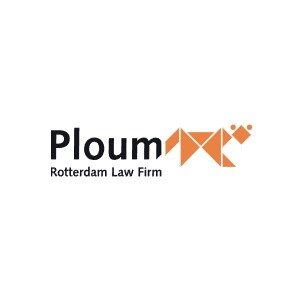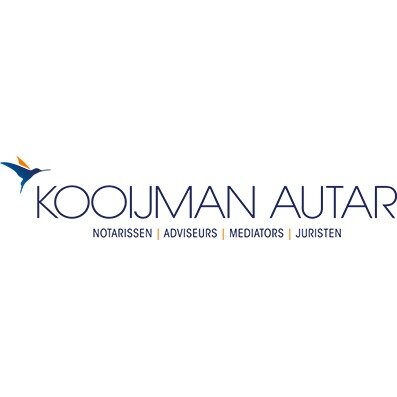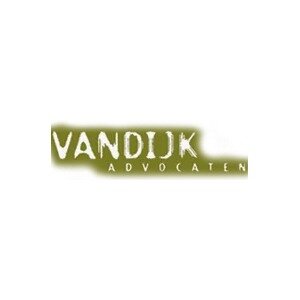Best Financial Services Regulation Lawyers in Rotterdam
Share your needs with us, get contacted by law firms.
Free. Takes 2 min.
List of the best lawyers in Rotterdam, Netherlands
About Financial Services Regulation in Rotterdam, Netherlands
Financial Services Regulation in Rotterdam, Netherlands, is primarily governed by both national and European Union (EU) laws. Rotterdam, being one of the major financial hubs in the country, follows strict compliance guidelines and regulations to ensure financial integrity, stability, and consumer protection. The key regulatory authority overseeing financial services is the Dutch Authority for the Financial Markets (AFM), which works alongside the Dutch Central Bank (DNB). These bodies ensure the proper functioning and health of the financial markets, supervising financial institutions and enforcing laws designed to prevent financial misconduct, fraud, and money laundering.
Why You May Need a Lawyer
There are several common situations where individuals and businesses may require legal help with Financial Services Regulation in Rotterdam:
- Setting up a financial service business, which necessitates aligning with complex regulatory and compliance frameworks.
- Facing investigations or enforcement actions by regulatory authorities such as the AFM or DNB.
- Disputes involving financial transactions, contract breaches, or issues related to financial product mis-selling.
- Obtaining licenses or approvals necessary for operating in financial markets.
- Navigating cross-border financial activities and ensuring they meet both domestic and EU regulatory standards.
- Handling compliance audits or dealing with regulatory reporting and disclosure requirements.
Local Laws Overview
The financial services sector in Rotterdam, and the Netherlands as a whole, is regulated under a framework that includes national laws such as the Financial Supervision Act (Wft) and a variety of EU directives such as MiFID II, PSD2, and AIFMD. These laws cover a broad spectrum of activities including banking, securities, insurance, and pensions:
- Financial Supervision Act (Wft): Comprehensive legislation that covers the consolidation of supervision of all financial institutions.
- Markets in Financial Instruments Directive II (MiFID II): Sets harmonized regulations for investment services that relate to financial instruments.
- Payment Services Directive 2 (PSD2): Aimed at making payments safer, increasing consumer protection, and fostering innovation and competition.
- Alternative Investment Fund Managers Directive (AIFMD): Covers managers of alternative investment funds (AIFs) aimed at protecting investors and reducing risks.
Frequently Asked Questions
What is the role of AFM in Rotterdam?
The Dutch Authority for the Financial Markets (AFM) is responsible for ensuring fair and transparent financial markets. They oversee financial service providers, manage licenses, and enforce regulations to protect consumers and investors.
Do I need a license to offer financial services in Rotterdam?
Yes, any entity offering financial services in Rotterdam is required to obtain the appropriate license from the AFM or DNB, aligning with national and EU-wide regulations.
How do EU regulations impact financial services in Rotterdam?
Rotterdam, like the rest of the Netherlands, adheres to EU financial directives which harmonize financial regulations across member states, ensuring stability and consumer protection across borders.
What steps are involved in a financial compliance audit?
A compliance audit will typically review adherence to applicable laws, evaluate risk management strategies, check internal controls, and ensure accurate reporting processes are in place.
What is MiFID II and how does it affect financial services?
MiFID II is a regulatory framework aimed at increasing transparency and protecting investors through stricter requirements on where and how financial instruments are traded.
How do I report a financial misconduct in Rotterdam?
Reports of financial misconduct can be made directly to the AFM, which has established procedures for investigating and addressing consumer complaints and infractions.
What is the consequence for non-compliance with financial regulations?
Non-compliance can lead to severe penalties including fines, suspension of operations, revocation of licenses, and legal action against responsible individuals or entities.
Are fintech companies subject to the same regulations as traditional financial institutions?
Yes, fintech companies are subject to a similar regulatory regime and must comply with existing financial services regulations relevant to their operations.
How can an international company comply with Rotterdam's financial regulations?
International companies must adhere to both Dutch and EU regulations. Collaborating with local legal experts who understand these frameworks can ensure compliance.
Can regulatory policies in Rotterdam change and how often?
Yes, regulatory policies can change frequently to keep up with evolving markets and technologies. Ongoing legal consultation is advised to stay informed of updates.
Additional Resources
- Dutch Authority for the Financial Markets (AFM): The AFM's website offers a comprehensive array of resources for understanding regulatory requirements and processes.
- Dutch Central Bank (DNB): Provides oversight and publishes guidelines relevant to financial services operations.
- European Securities and Markets Authority (ESMA): Offers insights and updates on EU-wide regulatory changes impacting the financial sector.
- Netherlands Chamber of Commerce: A resource for businesses navigating the regulatory environment.
Next Steps
If you require legal assistance in Financial Services Regulation, the following steps can help guide you:
- Identify the specific legal issue or requirement you face related to financial services regulation.
- Consult with a qualified legal adviser or law firm with expertise in financial services regulation within the Netherlands.
- Keep thorough records and documentation of any financial services activities and correspondence with regulatory bodies.
- Stay informed of any changes in relevant financial regulations that may impact your activities.
- Consider joining a professional network or association that provides guidance and support for those in the financial sector.
Lawzana helps you find the best lawyers and law firms in Rotterdam through a curated and pre-screened list of qualified legal professionals. Our platform offers rankings and detailed profiles of attorneys and law firms, allowing you to compare based on practice areas, including Financial Services Regulation, experience, and client feedback.
Each profile includes a description of the firm's areas of practice, client reviews, team members and partners, year of establishment, spoken languages, office locations, contact information, social media presence, and any published articles or resources. Most firms on our platform speak English and are experienced in both local and international legal matters.
Get a quote from top-rated law firms in Rotterdam, Netherlands — quickly, securely, and without unnecessary hassle.
Disclaimer:
The information provided on this page is for general informational purposes only and does not constitute legal advice. While we strive to ensure the accuracy and relevance of the content, legal information may change over time, and interpretations of the law can vary. You should always consult with a qualified legal professional for advice specific to your situation.
We disclaim all liability for actions taken or not taken based on the content of this page. If you believe any information is incorrect or outdated, please contact us, and we will review and update it where appropriate.




